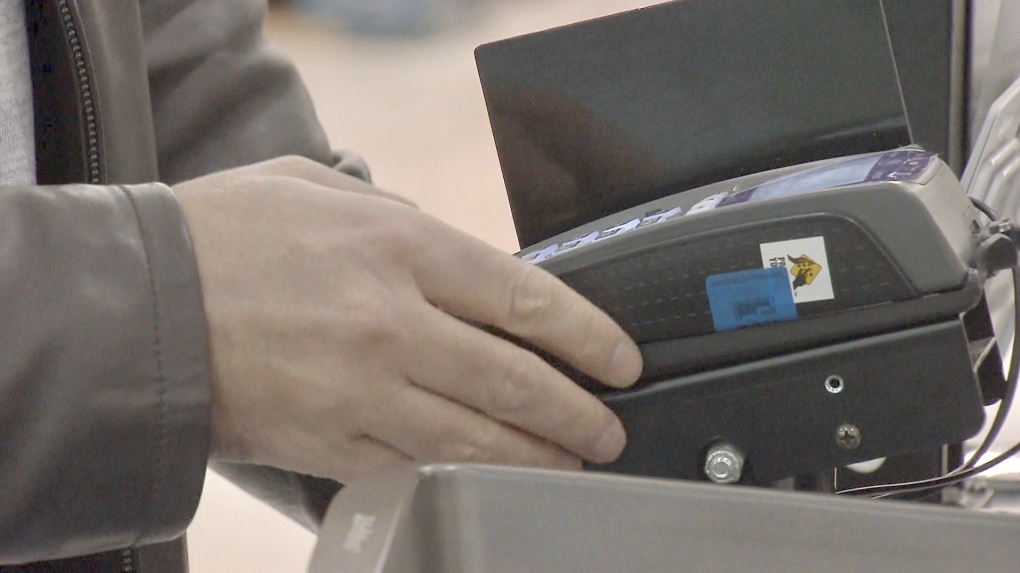
As prices and the cost of living continue to soar to new highs, so too is credit card debt, according to a report from Statistics Canada.
Credit card debt is up more than $93 billion across the country. That’s 14 per cent higher than in 2021 and financial experts like Stacy Yanchuk Oleskey says she isn’t surprised.
«We’ve all just come through a global pandemic and things have opened back up and so there are more opportunities to spend and the cost of living has increased significantly,» said Yanchuk Oleskey, CEO with Credit Counselling Canada.
Data from Stats Canada shows credit card debt among Canadians is rising and lower-income Canadians are resorting to using high-interest credit cards for essentials, like paying energy bills and putting food on the table.
«We encourage people if they are struggling with that [credit card debt] to seek advice and see what other solutions may be available,» said Ken Shea, East Coast Credit Union’s president and CEO.
«If a credit card is being used for the short term, it can be a very useful product. But if it is for the long term, because of the rates, it really is better for people to have a plan to get rid of that debt.»
Inflation has driven up the cost of essentially everything and to tackle it, national banks have increased interest rates to try and curb the rising costs. However, that’s also making it more expensive to carry credit card debt.
«We’ve got Canadians who are struggling and who aren’t sleeping at night, wondering how they are going to pay their bills. It’s putting a lot of stress on people,» said Yanchuk Oleskey.
If you’re carrying credit card debt, Yanchuk Oleskey says you’re not alone and there is help.
«No one is worse off by chatting with an accredited financial councillor,» she said.